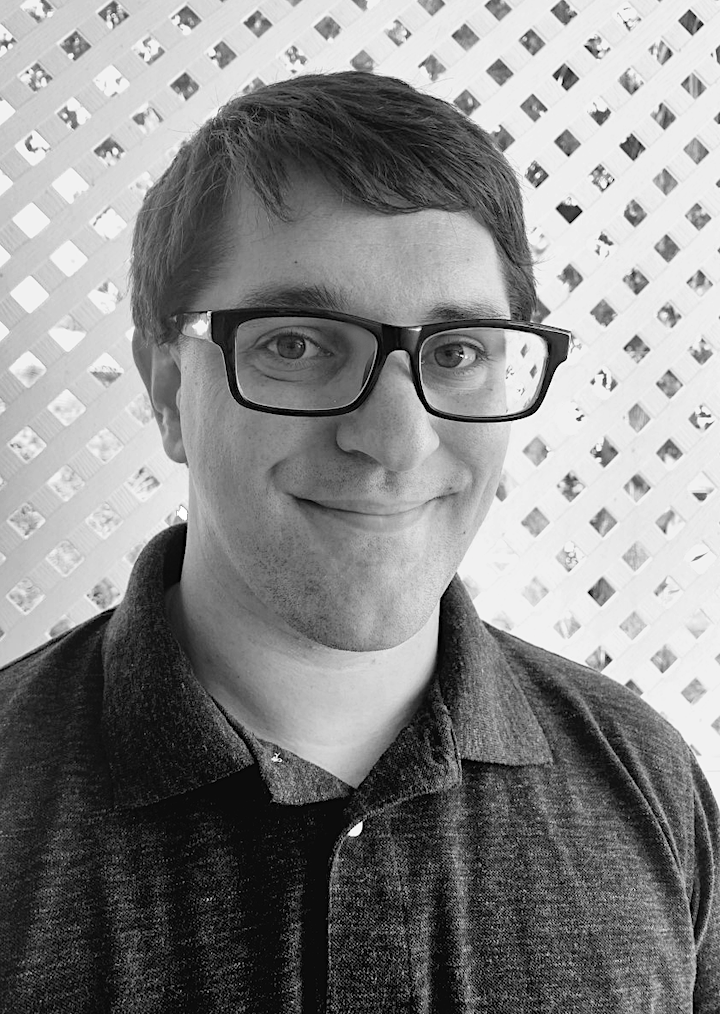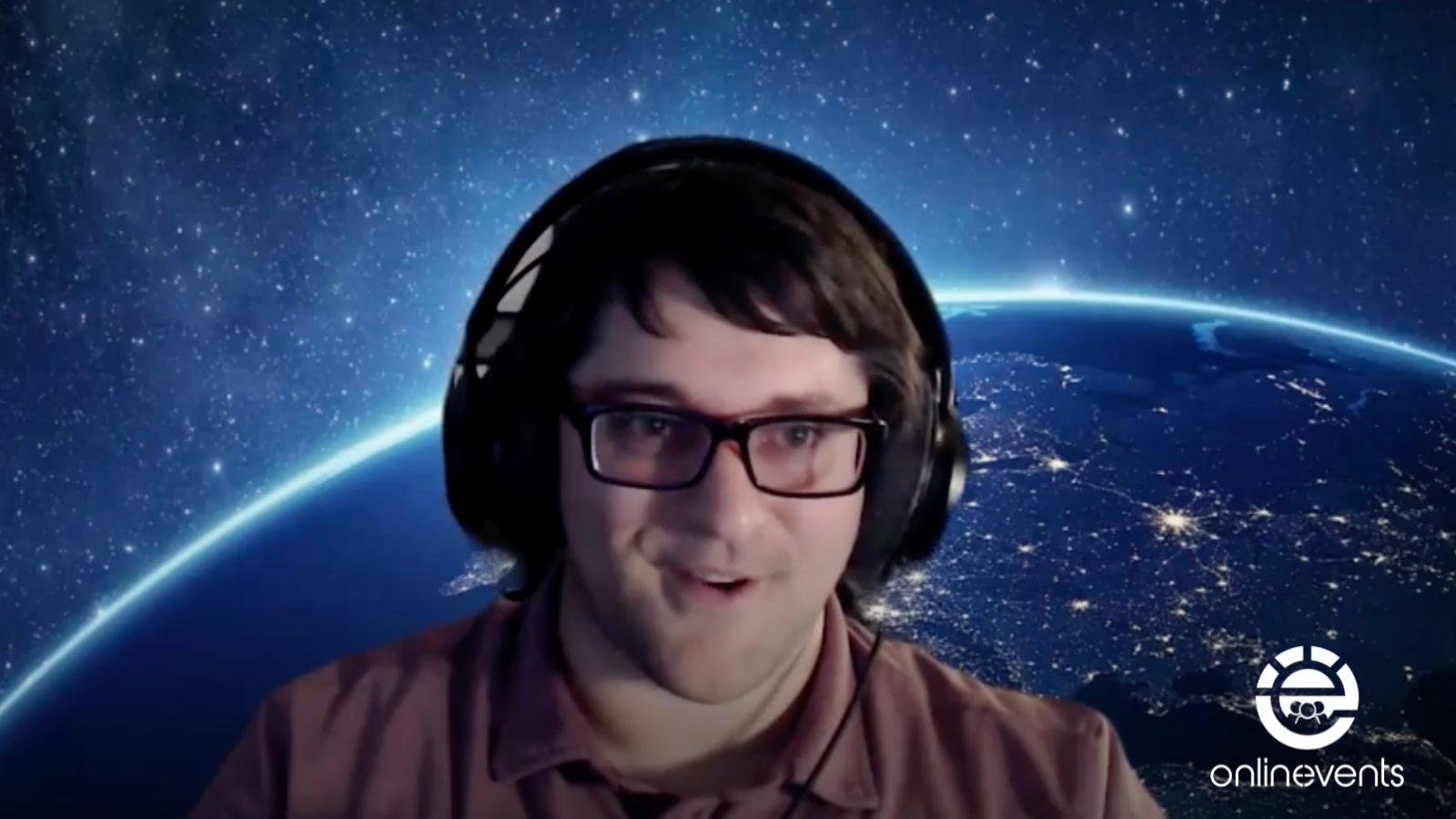This workshop will feature a presentation discussing some of the results of a recent research study that examined experiences autistic people have with conditions of worth relative to non-autistic people. It also will serve as a meeting space in which participants will be able to safely examine their own conditions of worth and discuss ways in which they see conditions of worth come up for themselves and the people they work with in the therapy room.
The first hour, which will be recorded, will focus on a discussion of research findings (40-minute presentation, 15-minute Q&A discussion, 5-minute break). The second hour, which will not be recorded, will consist of an open encounter group experience in which participants will be able to more freely discuss conditions of worth personally as well professionally, in both experiential and intellectual ways.
Learning Objective Participants Can Expect From This Event
- Participants will learn about a new self-report questionnaire for the measurement of conditions of worth.
- Participants will more readily understand conditions of worth both experientially and cognitively.
- Participants will more readily identify their own conditions of worth and how these can come up in work with the people they help.
Who is This Workshop Appropriate For?
- All are welcome to attend bearing in mind that the concepts and format of the day are generally person-centered. Those who are autistic themselves or whose clients are autistic may most benefit.
How May This Workshop Impact Your Practice?
- Participants may leave not only with a sense of the wider autistic experience of conditions of worth but with a greater understanding of their own experiences and how these can influence their ability to be in relationship with others.
Course Content
Presenter

I am a second-year, masters-level student in social work at Saint Leo University (United States). I teach university psychology and have experience working in crisis intervention and clinically with older neurodivergent adults as well as teenagers in a school setting. In addition to my aspirations to practice anti-oppressive therapy, I am an active researcher and writer on matters of life, learning, neurodiversity, psychotherapy, and the wider person-centered approach.


